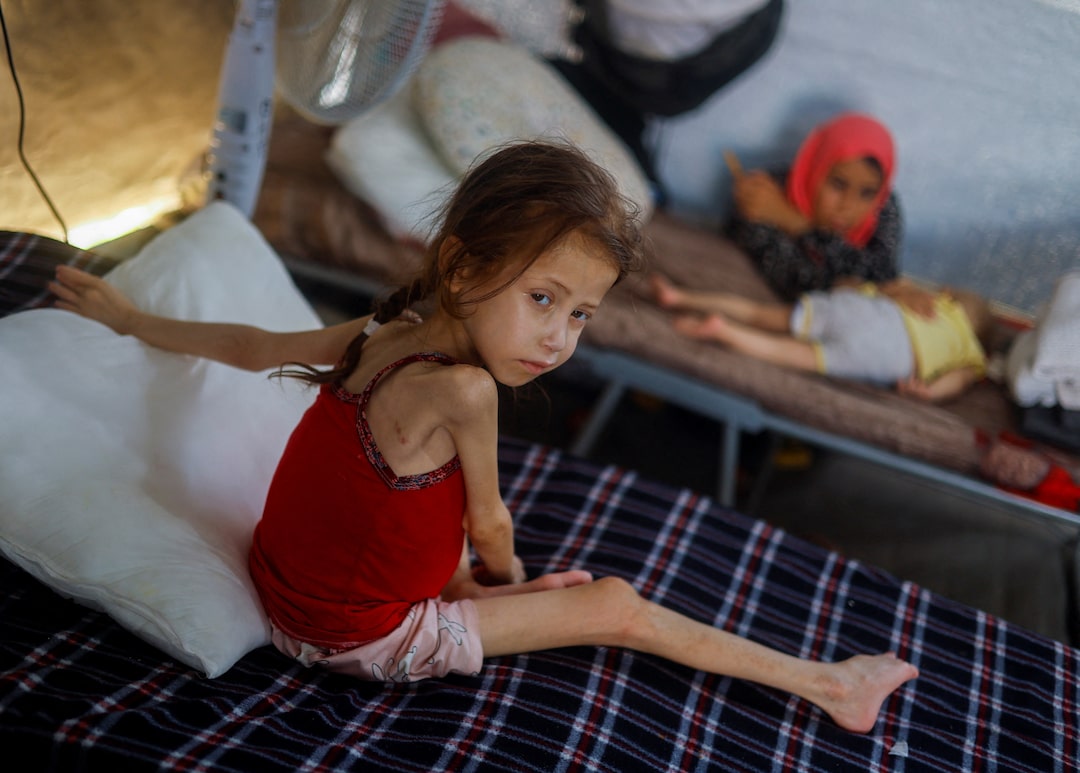WFP Exhausts Food Supplies in Gaza Amid Israeli Blockade
The World Food Program (WFP) has announced that it has exhausted its food supplies in the Gaza Strip due to an almost two-month blockade imposed by Israel. This marks the suspension of a vital resource for numerous Palestinians in the area, who depended on these supplies. The organization has reported the last of its reserves has been hand-delivered to charity kitchens it supports throughout the region. However, it is estimated that these kitchens too will face depletion in the imminent future.
The Gaza population, which stands at more than 2 million people, has around 80% of its inhabitants relying on charity-run kitchens for sustenance. The primary reason behind this is the closing down of other food supply alternatives due to the persisting Israeli blockade. The United Nations corroborates this information. WFP’s support extends to 37 such kitchens that churn out approximately half a million meals every day.
The number of operational kitchens in Gaza following the potential closing down remains uncertain. The blockade resulted in a standstill of the entry of all essential survival supplies such as food, fuel, medicine, and others to Gaza since March 2. Israel escalated the situation further with a resumption of its bombardment and ground offenses just two weeks later, breaking a previously held two-month ceasefire pact with Hamas.
Israel’s stated objective for these actions includes placing pressure on Hamas to liberate the hostages it still keeps. Human rights organizations have characterized Israel’s continued blockades as the implementation of a ‘starvation tactic’ and a possible breach of war laws. In its defense, Israel argues that Gaza still possesses sufficient supplies as a result of a surge in aid during the ceasefire period.
Israel also accuses Hamas of misusing assistance supplies for its cause. While aid workers refute claims of significant aid diversion, asserting that the U.n. diligently oversees distribution. They also argue that the assistance received during the ceasefire period was hardly enough to cater to the massive necessities accrued during wartime when the inflow of supplies was limited.
The resulting lack of new goods ingress into Gaza has caused the disappearance of several food items from market stands. This includes meat, eggs, fruits, dairy items, and a wide variety of vegetables. The sudden scarcity and high demand situation have led to a sharp price hike for remaining items rendering them unaffordable for the majority of the local populace. Canned goods have become the primary food source for numerous families.
The worsening scenarios have brought about a significant rise in malnutrition cases. The U.N. has reported identification of around 3,700 children diagnosed with acute malnutrition in March, showing an increase of 80% from the previous month. Simultaneously, the decreasing availability of supplies forced aid groups to limit the provision of nutritional supplements to only about 22,000 children in March, marking a drop of 70% from February. These supplements play an integral role in preventing malnutrition.
Most bakeries in the area had ceased operations several weeks ago, and the WFP also had to stop distributing basic food items to families due to lack of resources. With supplies for most ingredients exhausted, charity kitchens mainly resort to serving meals comprising of just pasta or rice with minimal additional components.
A U.S. charity organization named ‘World Central Kitchen’, one of the most significant in Gaza that doesn’t depend on the WFP, stated that its kitchens had exhausted their protein stocks. Their strategy has since shifted to using canned vegetables to make stew. Fuel scarcity has compelled the organization to dismantle wooden shipping pallets to fuel its stoves.
World Central Kitchen also maintains the last bakery that is still functional in Gaza, which manages to produce around 87,000 loaves of pita bread daily. While the immediate situation in Gaza remains dire, the WFP has ready reserves of 116,000 tons of food that can be delivered to Gaza the moment Israeli borders are opened. This quantity is enough to sustain a million people for a duration of four months.
Israel, on its part, has vowed to eliminate Hamas following its attack on southern Israel on October 7, 2023. The campaign by Israel, involving air and ground tactics, has caused extensive damage in Gaza. As per data from Gaza’s Health Ministry, over 51,000 Palestinians have lost their lives, with the majority being women and children.
The number of casualties provided by the Health Ministry, however, does not make a distinction between civilian and combatant deaths. During the attack on October 7, militants wreaked havoc, causing around 1,200 deaths, mostly civilians, and abducted 251 individuals. Of these, 59 hostages remain under captivity, even though most of them were liberated as part of ceasefire agreements.

